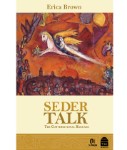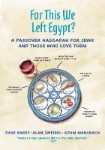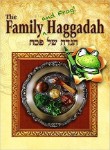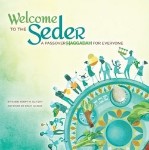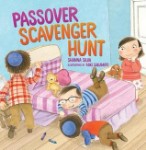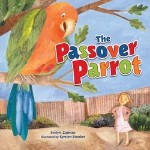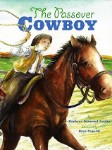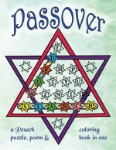From Philosophy Professor to Pragmatic Private eye: Thoughts on “The Cost of Living and Other Mysteries” by Saul Golubcow

Buy this book at Amazon or for Kindle or at Bookshop
Why do people read mysteries? To fill curiosity gaps and enjoy exercising our critical thinking and problem-solving skill sets. The curiosity gap I refer to is the feeling that awakens in ourselves when we are faced with a whodunit. This feeling is only evoked if the writing is skillful, meaning that the characters – including victims, detectives, witnesses, and potential suspects – are interesting and at least some of them are relatable and the plot and settings are engaging. Although I never read anything from Saul Golubcow before reading “The Cost of Living and Other Mysteries”, it is clear from this volume that he mastered both English and the art of writing. For more information about his background, I recommend his answers to Paula Gail Benson’s fan mail at The Stiletto Gang, where you can learn that he has a doctorate in English Literature and taught English at Penn State. His articulate writing finds a nuanced balance of being conversational and ornate. I really enjoyed the harmony that exists between the conversations–of the main detective and his grandson serving as his associate–, the descriptive parts, and the plot advancing bits. They had a smooth rhythm that felt natural but took skills to deliver.
Regarding the fun one can have when thinking about the fictional detectives I need to quote the book itself, page 14:
Grandfather told my mother that in reading Christie’s Hercule Poirot mysteries, he had come across a mind employed in the practical application of critical analysis skills my grandfather had learned through the study of Talmud and philosophy.
That period marked the beginning of the transformation from a philosophy professor into a private investigator. This focus on the usefulness of philosophy, on pragmatism–how high science can be used in everyday life to solve problems–is a very American concept. The protagonist moved not just physically from war-torn Europe and the Holocaust to the free and pragmatic USA, but having found himself less than useful without his credentials in the new world eventually embraced his new home’s philosophy: be useful, pragmatic.
The other question that kept popping up in the back of my mind while turning the pages (I mean swiping next on my Kindle) was: Why do we/I read Jewish fiction? My personal answer–as a reader, who is moderately educated in the Jewish faith, customs, and traditions–is dual in nature. On one hand, I enjoy the positive rise that I get when I encounter Jewish trivia that helps to connect the dots in the crime-solving mental exercise. There were plenty of these kinds of satisfactory moments while reading Golubcow mini-mysteries. On the other hand, I also expect to be challenged and learn something new or at least get a new angle on my previous knowledge. There were fewer of those, but I was still surprised a few times. How much of these two kinds of experiences you get from this book depends on your level of knowledge of Judaism, but all readers will get something from zilch to Talmudic depths.
I want to emphasize what a rare pleasure it was to read the connection between a grandfather and a grandson, where both parties are caring, loving, and devoted to the other’s wellbeing. It is a natural part of life that doesn’t get enough attention in literature in my opinion. It prompted me to recall my relationships with my grandparents. I was fortunate enough to grow up with them as they passed away after I turned 25. Cherish your grandparents while you can. And you never know what you might learn from them, or even get a side gig of solving crimes.
I rarely read mysteries but having read his book inspired me to do more. Now I know that it can be much more than finding out who the culprit is. Just like with any other adventure in life the journey to get there can be more exciting and rewarding than the outcome. I enjoyed the three short trips and you would too if you read the book.
Disclaimer: I have received a digital copy of this book and a small amount from the author which did not affect my review in any way.
Publisher’s description:
For Holocaust survivor Frank Wolf, what matters most is helping people. After relocating to New York City after the war, he takes on a new career as a detective. In these three stories, all set in the 1970s, he sets out with methodical determination to do right by his clients—and the truth—no matter the cost. Whether it’s the son of a wealthy businessman, murdered at a Jewish school in New York City, or a missing boy from a poor family in Williamsburg, he is ably assisted by his grandson, Joel on each new case.
Year first published: 2022

